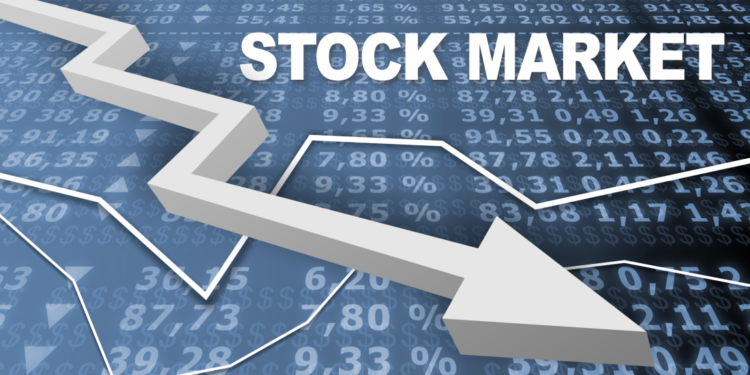Asian markets experienced significant declines following a major sell-off on Wall Street, with Japan’s Nikkei 225 index suffering the most substantial losses.
On Friday, Japan’s benchmark indexes plummeted by as much as 5%, with the Nikkei 225 extending its previous day’s 2.62% drop to hit its lowest point since February. The Nikkei and Topix later trimmed their losses but were still down 4.56% and 4.47%, respectively.
Key Japanese stocks saw substantial drops, including Softbank Group, which fell over 5%. Trading houses Mitsui and Marubeni experienced losses of over 8% and 6%, respectively, while semiconductor firm Tokyo Electron declined by more than 9%.
In the bond market, Japanese government bond yields decreased, with the yield on the 10-year JGB falling below 1%, its lowest level since June 20.
Broader Asian Market Impact
Other Asian markets also faced declines. South Korea’s Kospi fell by 3.19%, primarily due to drops in banking stocks, and the small-cap Kosdaq index plunged 3.46%. Despite the overall downturn, shares of the four listed K-pop companies bucked the trend, rising after Hybe announced a new business strategy.
Australia’s S&P/ASX 200 index dropped 2.14%, retreating from its all-time high reached on Thursday. Hong Kong’s Hang Seng index decreased by 2%, and mainland China’s CSI 300 saw a smaller loss of 0.66%.
Separately, South Korea reported slightly higher-than-expected inflation for July. The country’s consumer price index rose 2.6% year-on-year, compared to the 2.5% expected by economists.
Wall Street Influence
The negative sentiment across Asian markets followed a rough trading session on Wall Street, where all major U.S. indexes declined due to recession fears. The Dow Jones Industrial Average fell by 1.21%, the S&P 500 dropped 1.37%, and the Nasdaq Composite slipped 2.3%. The Russell 2000 index, which had recently shown strength, fell by 3%.
Fresh economic data from the U.S. exacerbated concerns about a potential recession and raised doubts about the Federal Reserve’s timing in cutting interest rates. Initial jobless claims showed their largest increase since August 2023, and the ISM manufacturing index came in at 46.8%, indicating economic contraction and missing expectations.
Following these reports, the 10-year Treasury yield fell below 4% for the first time since February, reflecting heightened investor caution.
Market Summary
**Ticker Performance:**
– **Nikkei 225 Index:** 36,225.37, -4.99%
– **Hang Seng Index:** 16,917.25, -2.24%
– **S&P/ASX 200:** 7,944.5, -2.1%
– **Shanghai Composite:** 2,920.06, -0.42%
– **Kospi Index:** 2,677.53, -3.61%
– **CNBC 100 Asia Index:** 9,511.92, -3.75%
The market downturn highlights the interconnected nature of global finance, with Asian markets reacting sharply to developments in the U.S., underscoring the ongoing economic challenges and investor uncertainties worldwide.










